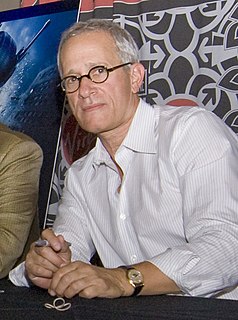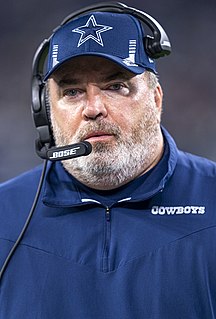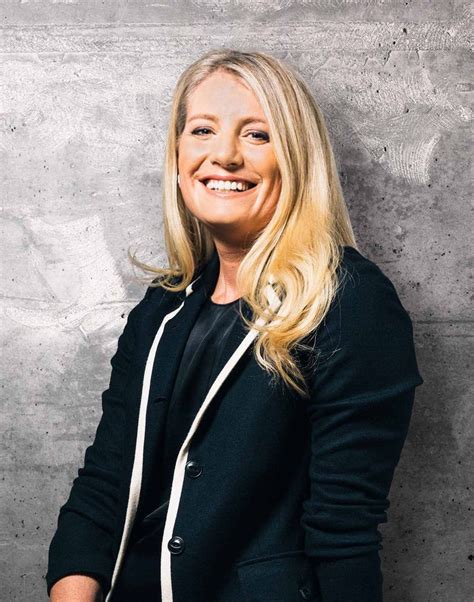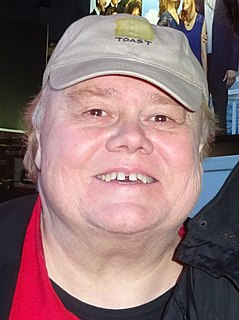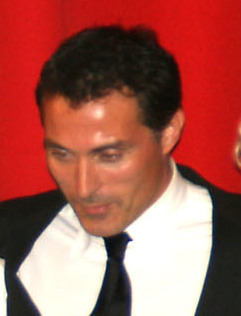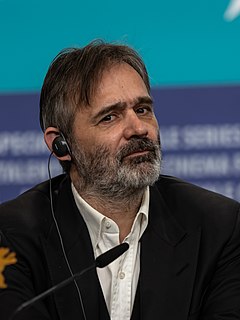A Quote by James Newton Howard
I feel the first ten years of my career I really didn't care what the director said because I felt so arrogant. I was so certain about what should happen. But then I became a good listener.
Related Quotes
We have to, in the next ten years, begin to decrease the rate of carbon dioxide emissions and then flatten it out. If that doesn't happen in ten years, we're going to be passing certain tipping points. If the ice sheets begin to disintegrate, what can you do about it? You can't tie a rope around an ice sheet.
I was an executive at Columbia Pictures for ten years. I was doing great. My career was on the upswing. But, right then, was when I said I gotta quit. I gotta start my own company. I gotta be on the other side of it because I felt the strong call on my life - to tell stories that, on the face of it, might not look like a commercial movie.
Treat your career like a bad boyfriend...
Your career wont take care of you. It won't call you back or introduce you to its parents. Your career will openly flirt with other people while you are around... You have to care about your work, but not about the result. You have to care about how good you are and how good you feel, but not about how good people think you are or how good people think you look.
One of the things that really impressed me about Anna Karenina when I first read it was how Tolstoy sets you up to expect certain things to happen - and they don't. Everything is set up for you to think Anna is going to die in childbirth. She dreams it's going to happen, the doctor, Vronsky and Karenin think it's going to happen, and it's what should happen to an adulteress by the rules of a nineteenth-century novel. But then it doesn't happen. It's so fascinating to be left in that space, in a kind of free fall, where you have no idea what's going to happen.
I understand how success is judged and calculated in the coaching profession. That's really all I care about. You go about this business a certain way. Everybody has a certain style and opportunities that are presented to them during your career. When it's over, I'll be judged by that. I care more about the people I work with.
A career is measured over the course of the years, not moments. Over good decisions, over successes, not moments, failures, missteps, or bad comments. I learned that I needed to take a step back and look at my career not in that one moment that made me feel really bad, but what I had done not even in the past one or two years or last one or two hires, but that that career is built over many, many, many, many successive quarters and years and good decisions - never, ever made in that one moment where you felt really bad.
Your agent or manager tells you. They go, "You're out. They're gonna get a new guy." But then I didn't feel bad. I didn't take it personally. Not that I'm competitive at all. But you have pride in that, you know? You want your ratings to be good. But now that I'm 62, I don't really care about the ratings. I don't care about the reviews. I care about the work, and I care about the people that I'm working with, and I try to make the experience for them and myself as good as it can be.
